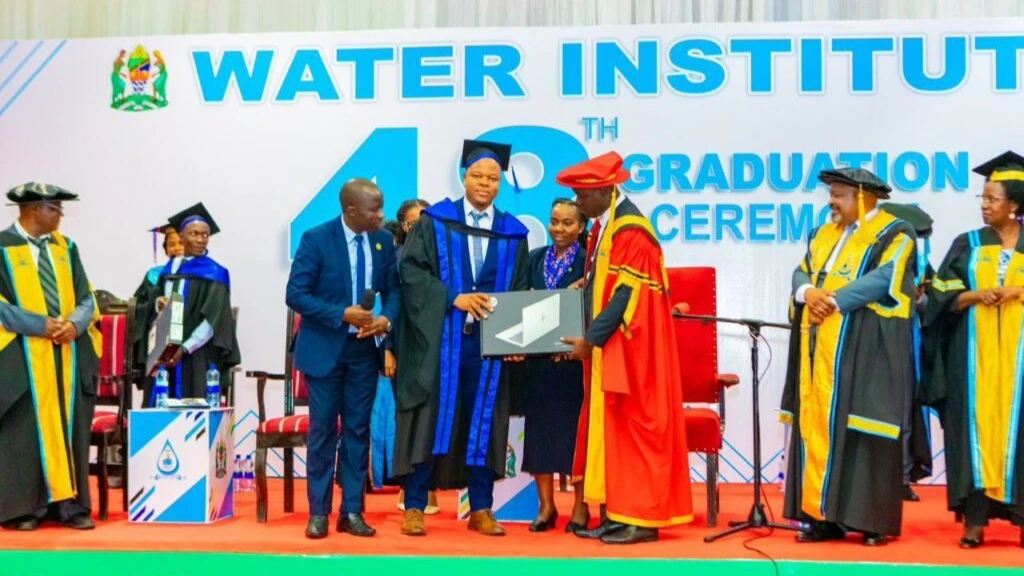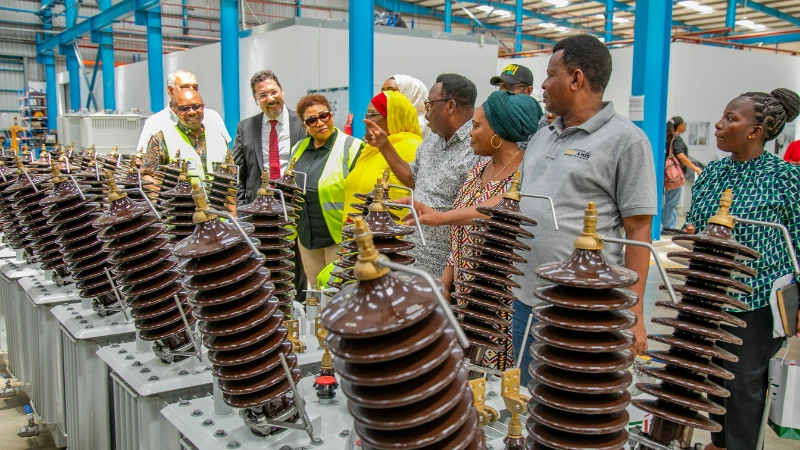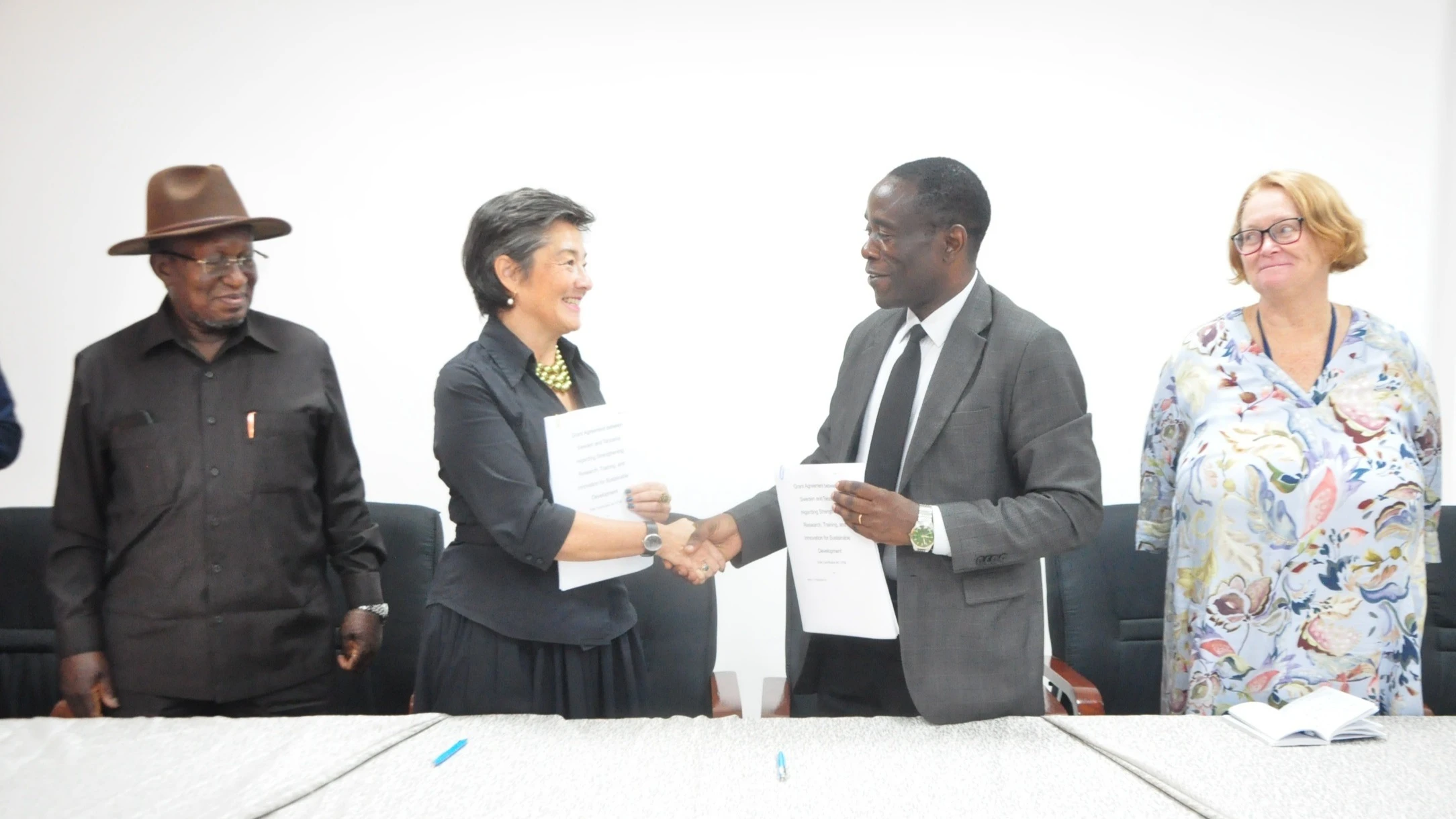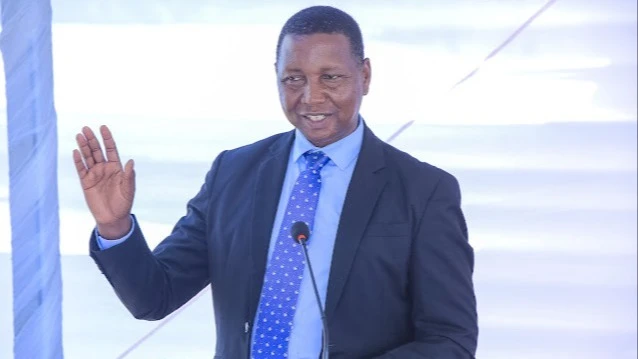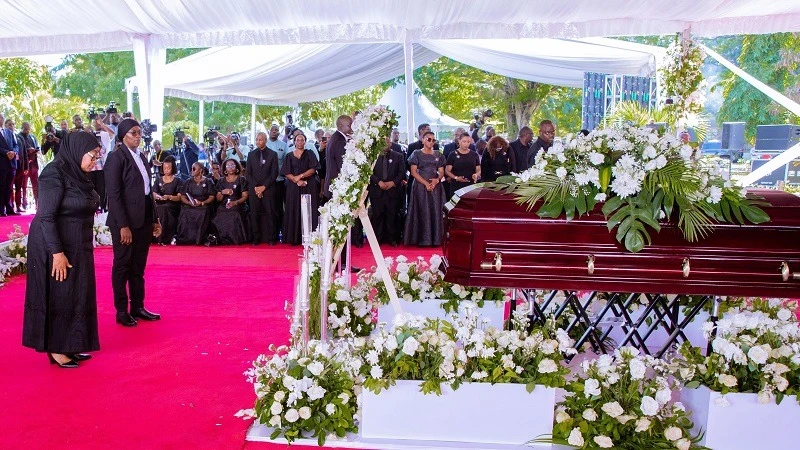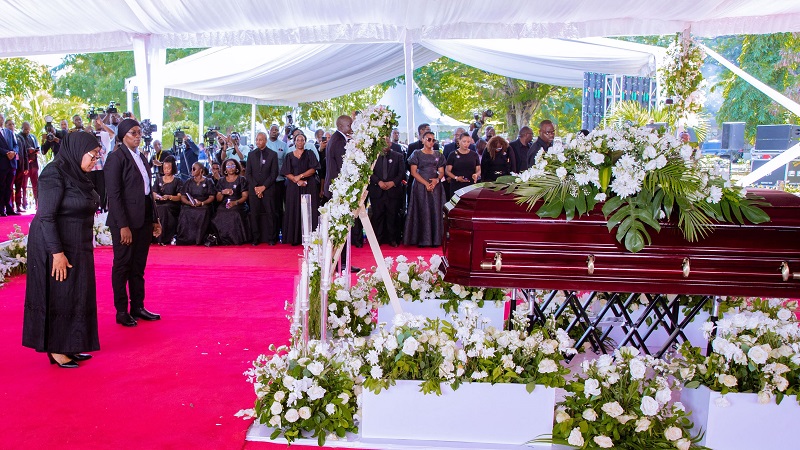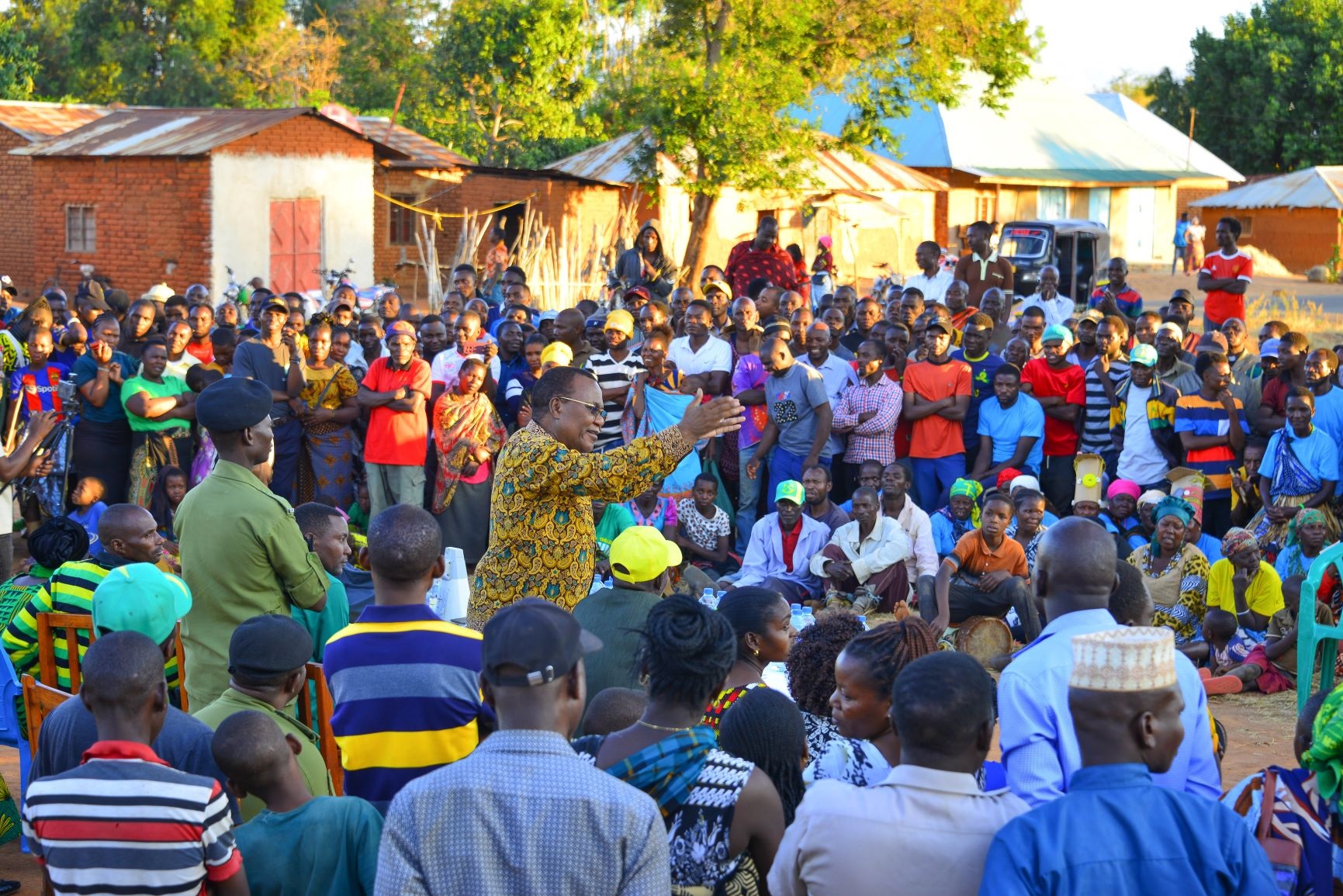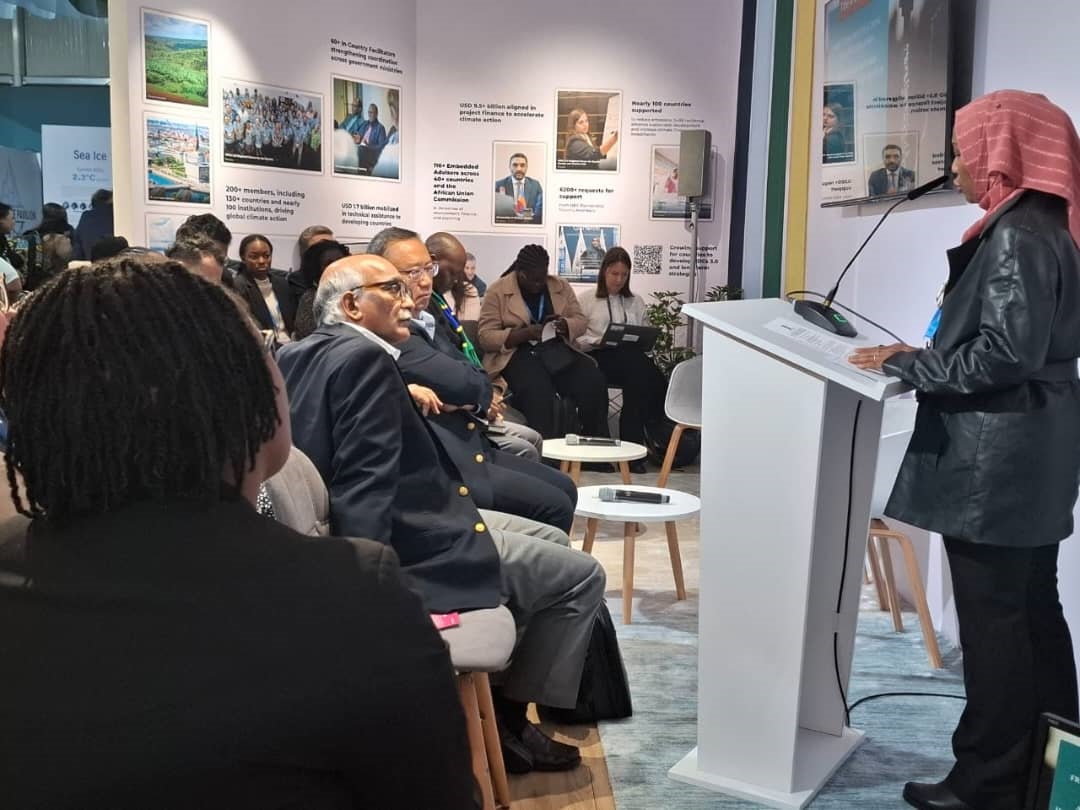Fisheries, agriculture, music to be taught in secondary schools
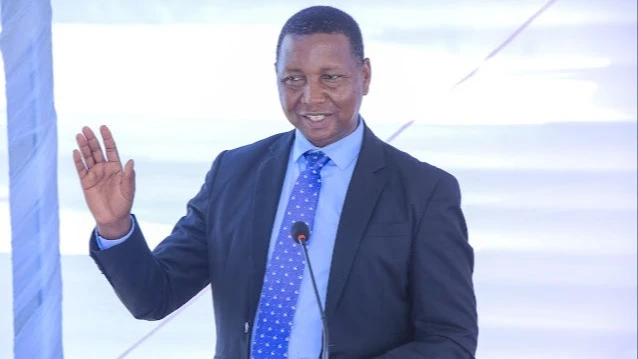
AN improved curriculum which integrates practical, skills-based subjects into secondary school education will soon see pupils learning fisheries, agriculture, climate change, music, sports and other vocational skills.
Prof Adolph Mkenda, the Education, Science and Technology minister, made this observation in Dar es Salaam yesterday when closing the fourth international quality education conference organised by the Tanzania Education Network (TEN/MET) and partners.
The shift is intended to equip pupils with hands-on knowledge and skills that are directly relevant to key sectors, preparing them for income generation challenges, enhancing their adaptability to a deepening unemployment situation.
He projected that by 2027 secondary education will become compulsory for pupils up to form four, a significant change in the country’s education landscape, policy.
Stretching education to secondary school plus curriculum change is meant to ensure that every child has the opportunity to complete basic education that includes general and vocational education streams in secondary schools.
By 2027/28 pupils will have the opportunity to complete at least ten years of education, with addition of vocational and technical skills essential for real-world income generating requirements, he stated.
The new curriculum will offer two education streams in secondary schools: a general academic stream and a vocational skills stream, with the latter having a range of subjects like fisheries, farming, climate change, hospitality and others.
They are directly linked to fields that are vital to the economy while music and sports are similarly being integrated, allowing pupils to explore creative and physical education alongside academic subjects.
The government has invested heavily in vocational training infrastructure, with 106 new technical schools set to be constructed in the various regions, an initiatives designed to foster a generation of skilled school leavers who can adapt to various sectors from agriculture to hospitality, trade, etc.
“Education must be a foundation not only for personal fulfilment but also for societal development. Our goal is to bridge the gap between what pupils learn in the classroom and the skills that are actually needed in life and in the workforce,” he said.
Achieving these ambitious goals will require the active participation of not only the government but also the private sector, community organizations and other stakeholders, he said.
He appealed for support and innovation of all sectors to ensure that these educational reforms lead to meaningful outcomes for pupils and society, underlining that the revised curriculum seeks to align pupils with needs of a diverse workforce.
Martha Makala, the TEN/MET national coordinator, said the conference provided an avenue for participants to interact on the basis of the principle that education is a fundamental human right and a prerequisite for social and economic development.
She cited the African Union 2030 Agenda and the Sustainable Development Goals (SDGs), where the conference demanded that governments and development partners to focus on its key aspects.
She appealed for comprehensive support programmes for girls’ education and adopting gender-responsive budgeting to promote equitable resource allocation and support systems for girls’ education.
“We emphasize that climate change is a universal threat and its impact on education systems is huge,” she said, calling upon education stakeholders to establish programmes that address climate change in schools.
They need to involve parents, pupils with special needs and ensure community engagement to sustain these efforts, she said, with policy makers having to extensively engage stakeholders and consider their input in the matter.
They should be consulted on policy and legal reforms in shaping resilient education systems, including harmonising policies and laws related to education and child protection such as the Marriage Act of 1971 and Education Act of 1978, she added.
Top Headlines
© 2024 IPPMEDIA.COM. ALL RIGHTS RESERVED








